Bankruptcy Judge Denies Government ‘Room to Breathe’
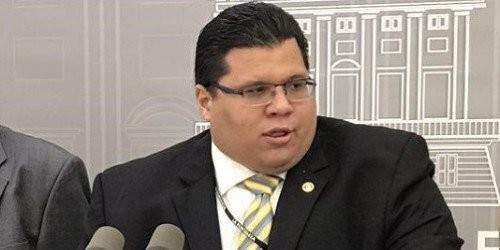
Judge Laura Taylor Swain, who is presiding over the government Puerto Rico’s bankruptcy case, refused to give the government ‘breathing room’ in the thousands of stalled lawsuits that the Rosselló Administration seeks to achieve as part of the bankruptcy process.
Since the government took advantage of the protection of Title III of the PROMESA Law and initiated the bankruptcy and restructuring proceedings last May, the government has been requesting the stoppage of all types of lawsuits, from dismissal claims to confiscations of Vehicles for clandestine races and expropriation cases. Also for cases related to special education.
This has forced Judge Taylor Swain to respond to several requests in which the parties affected by the halt request a lifting of that halt.
In one such case, the government requested that no standstill be lifted for at least 180 days because there are over 5,200 pending cases and the government wanted ‘space to breathe’ and deal with these cases within the context of the bankruptcy process since there is no guarantee that claims in such cases can be paid into a debt adjustment plan.
But the judge declined the request.
‘Even if the court were to believe the government’s assertions about the amount of lawsuits that have come to a standstill after the filing of Title III, the government’s fear of a flood of requests of lifting the halt has, for the time being, been unfounded. It is true that the government must formulate a process to deal in the context of Title III litigation, which were pending before the petition, but the court concludes that an extraordinary extension of the stoppage (in the marras case) is not necessary to give the government an opportunity to formulate said process,’ Taylor Swain resolved in one such case.
Alfonso Orona Amilivia, Chief Legal Adviser to the First Executive, explained to NotiCel how the government has succeeded in paralyzing hundreds of lawsuits against itself due to the filing of bankruptcy under Title III.
‘When the state takes the protection of Chapter 9 well it cannot overturn certain lawsuits. In Title III, the state can determine which cases will continue to be seen in the Federal Court and what cases remain under Title III, ‘Orona said.
Following the paralysis of dozens of cases, which are not directly related to debt collection, Orona stated that, ‘once the government files a Title III, all lawsuits, whether or not they involve financial compensation from the state, are paralyzed. The halt applies to all cases.’
However, the law provides certain exceptions where automatic stoppage does not apply. For example, cases where constitutional rights are vindicated, or cases of expropriations; if the state is the one committing the expropriation.
‘To re-activate these cases, two things may happen: that the debtor goes to the Title III court judge, Laura Taylor Swain, and asks that the stop be lifted or that the state also make a petition to specific cases,’ said Rosselló’s principal legal counsel.
Popular ahora

Bienvenido a Noticel
Empieza a crear una cuenta
Verificación de cuenta
Te enviaremos un correo electrónico con un enlace para verificar tu cuenta. Si no lo ves, revisa tu carpeta de correo no deseado y confirma que tienes una cuenta vinculada a ese correo.
Has olvidado tu contraseña
Introduce el correo electrónico de tu cuenta y te enviaremos un enlace para restablecer la contraseña.
Has olvidado tu contraseña
Le hemos enviado un correo electrónico a {{ email }} con un enlace para restablecer su contraseña. Si no lo ve, revise su carpeta de correo no deseado y confírmeme que tiene una cuenta vinculada a ese correo electrónico.
Personaliza tu feed
Verifica que tu dirección de correo electrónico sea correcta. Una vez completado el cambio, utiliza este correo electrónico para iniciar sesión y administrar tu perfil.
Elige tus temas
- Deportes
- Economía
- El Tiempo
- Entretenimiento
- Más
- Noticias
- Opiniones
- Última Hora
- Vida y Bienestar
- Videos y Fotos


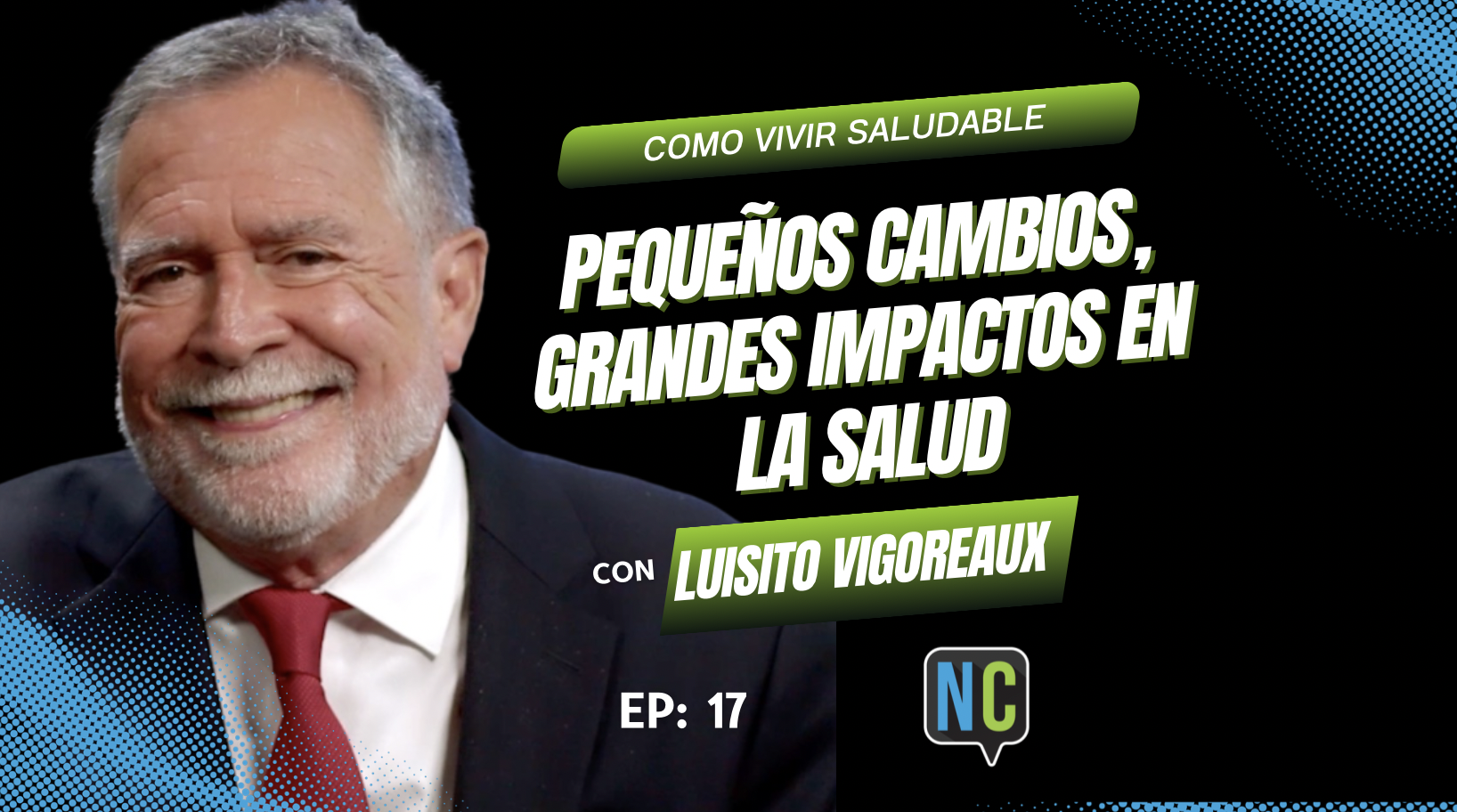
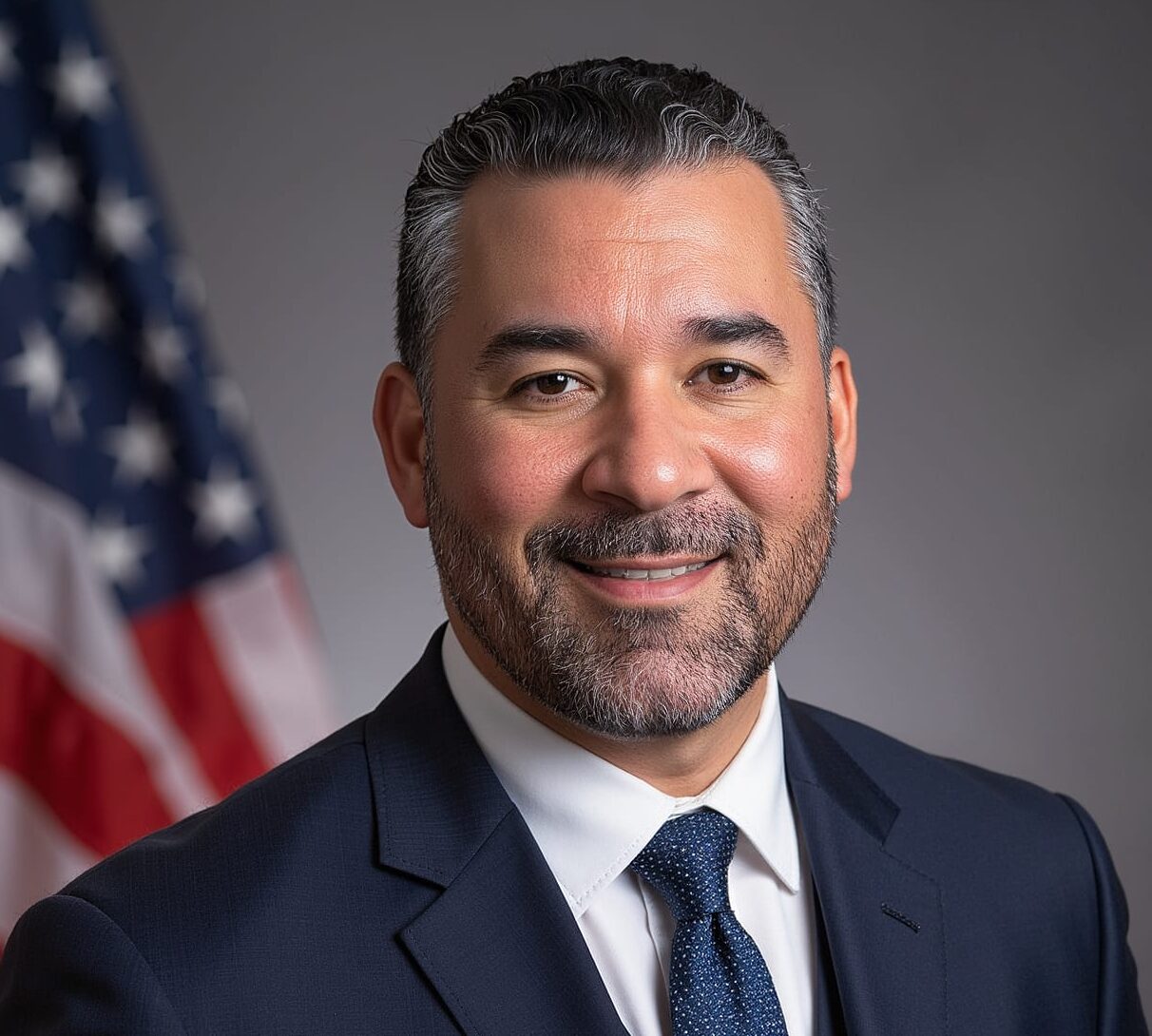


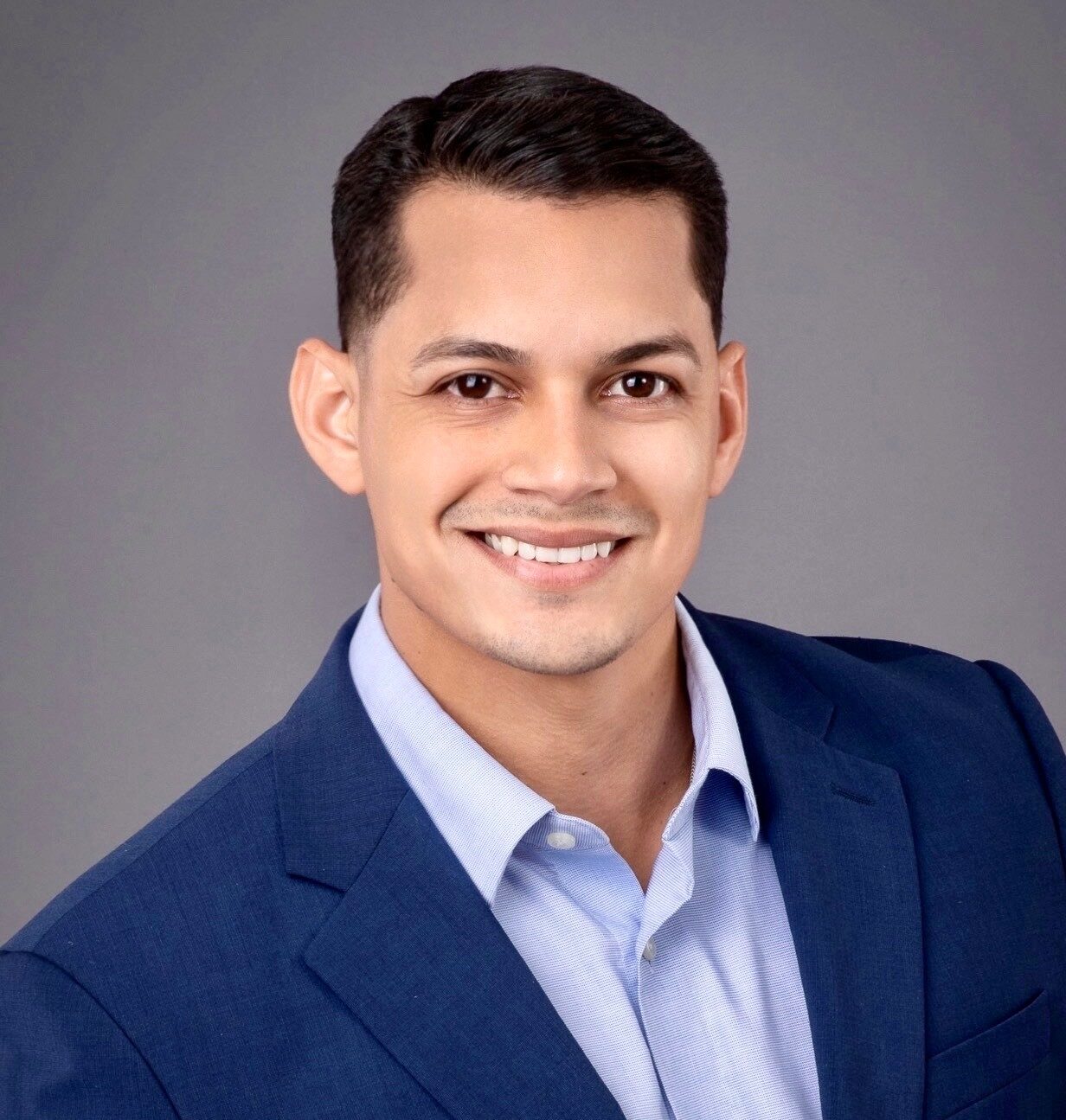
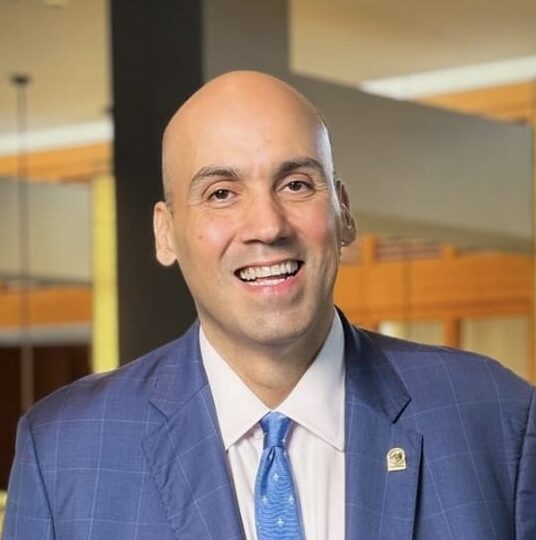
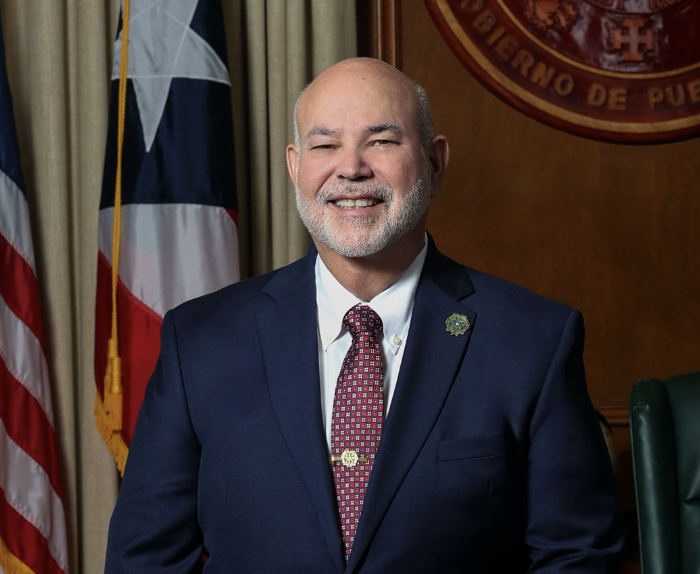
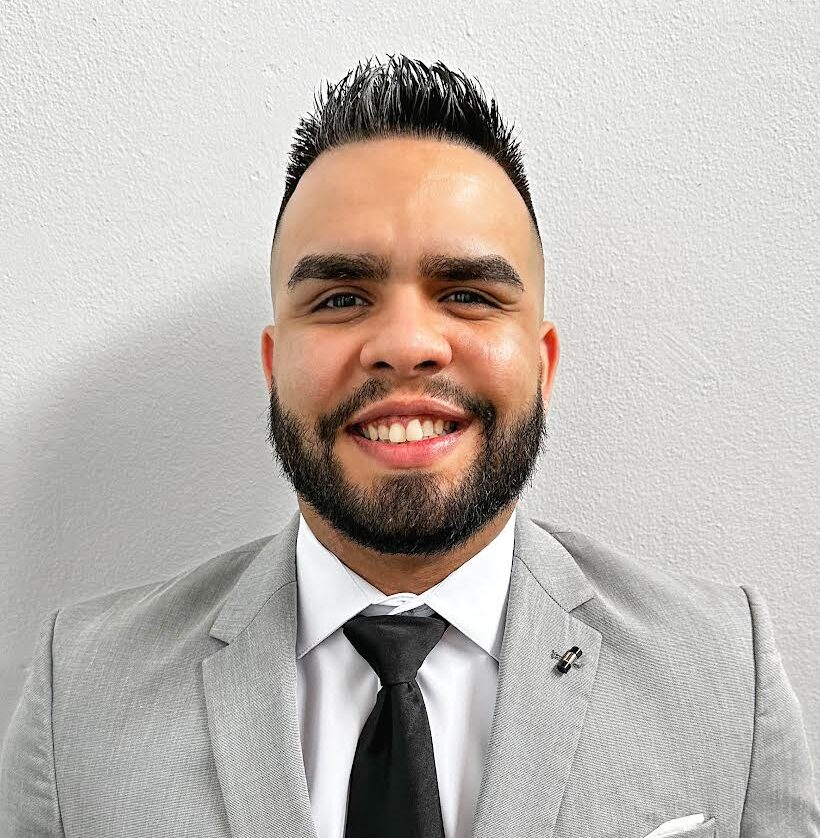
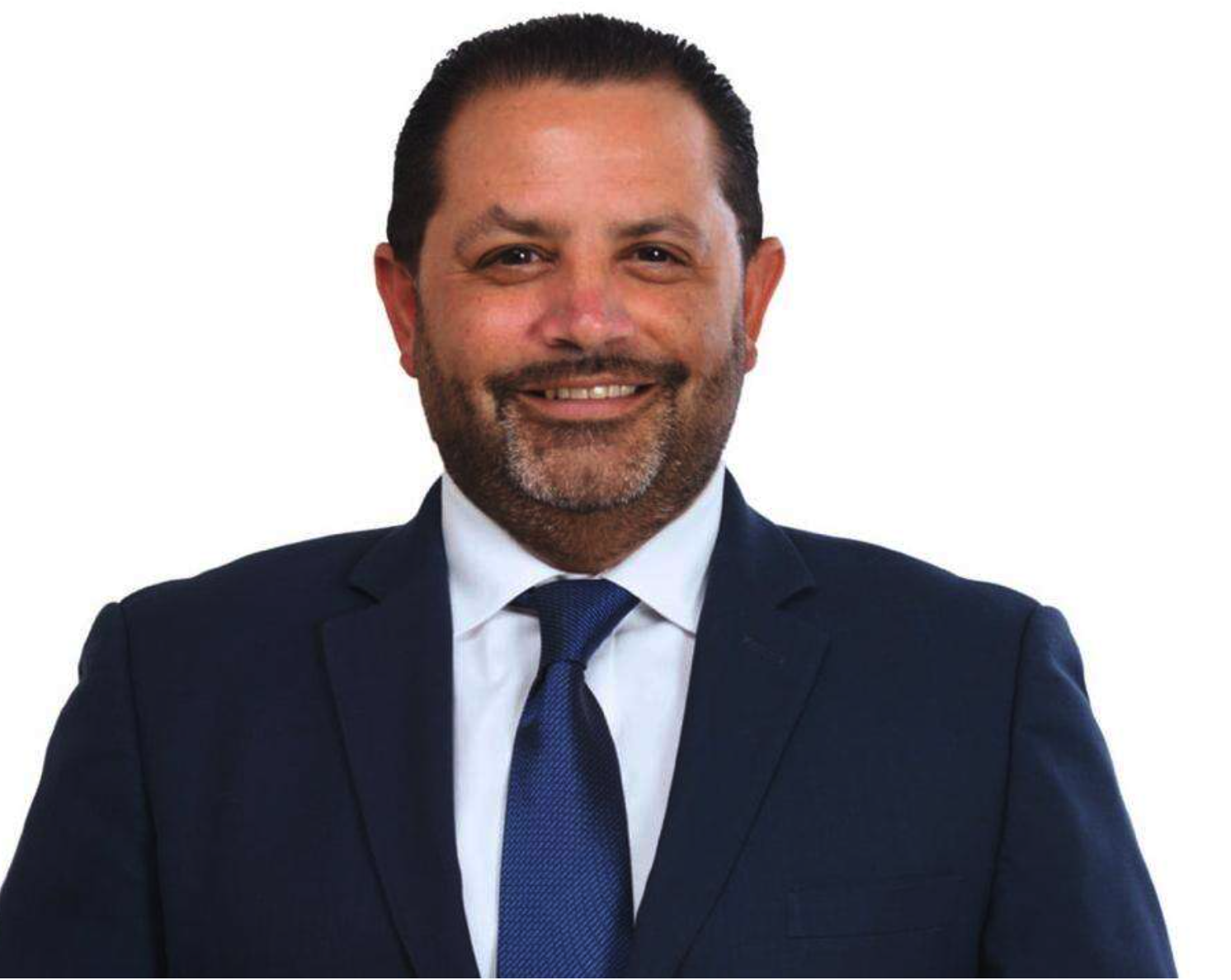

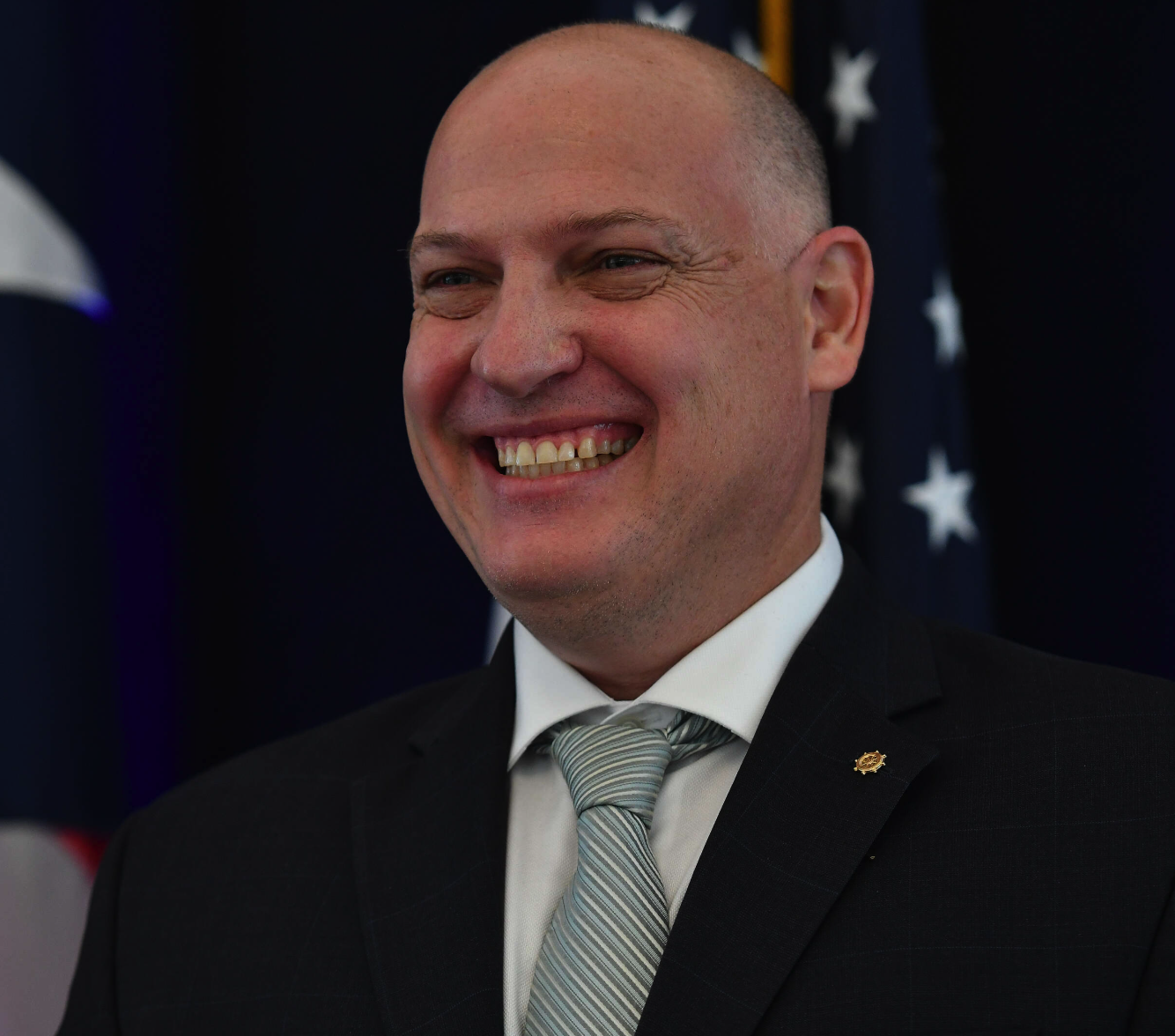
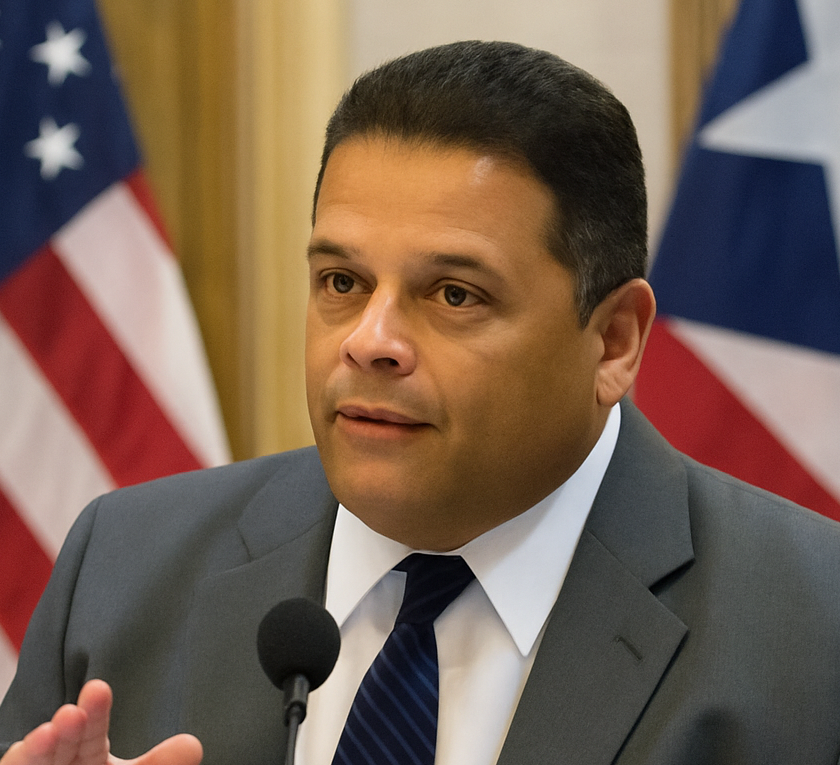

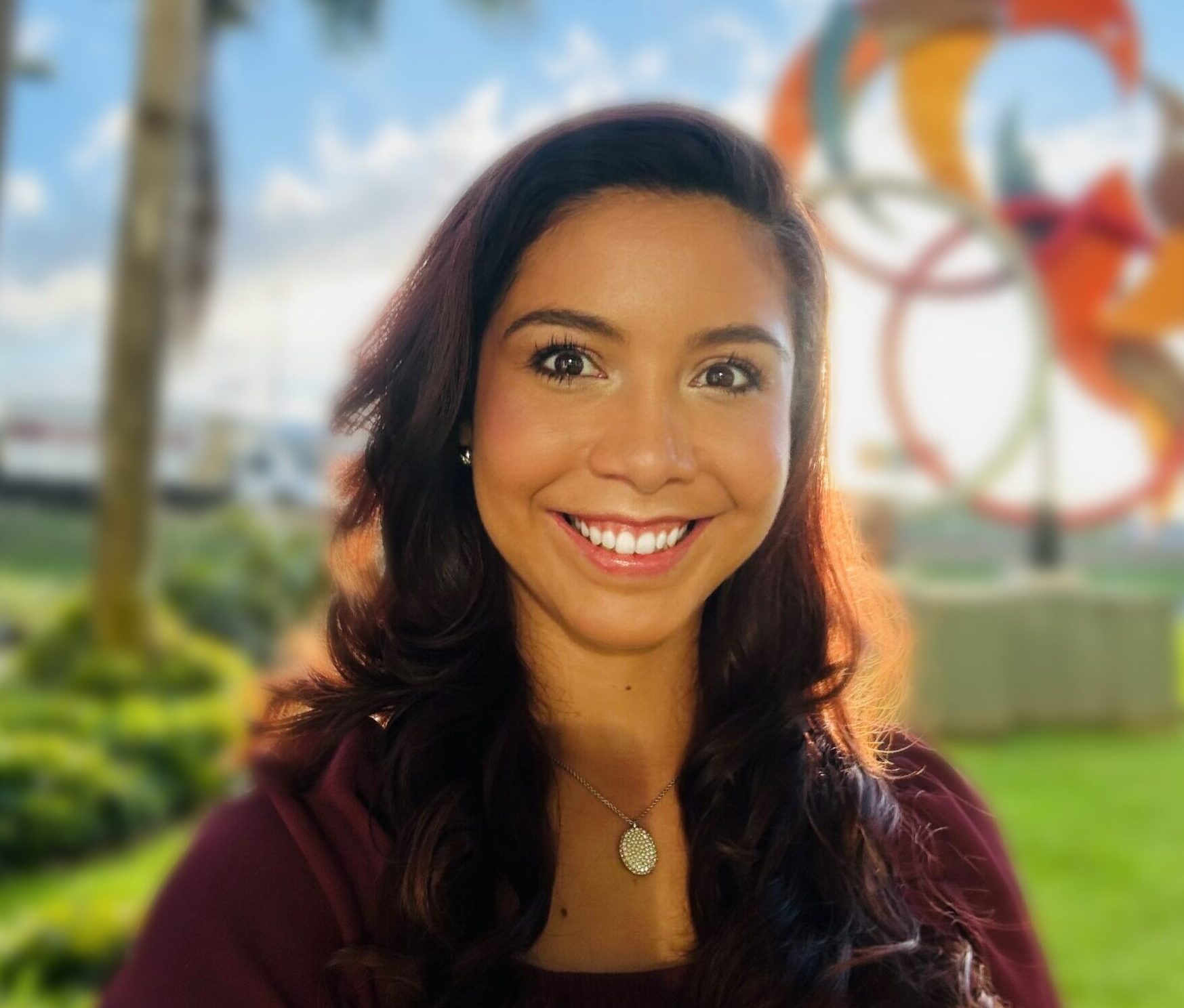

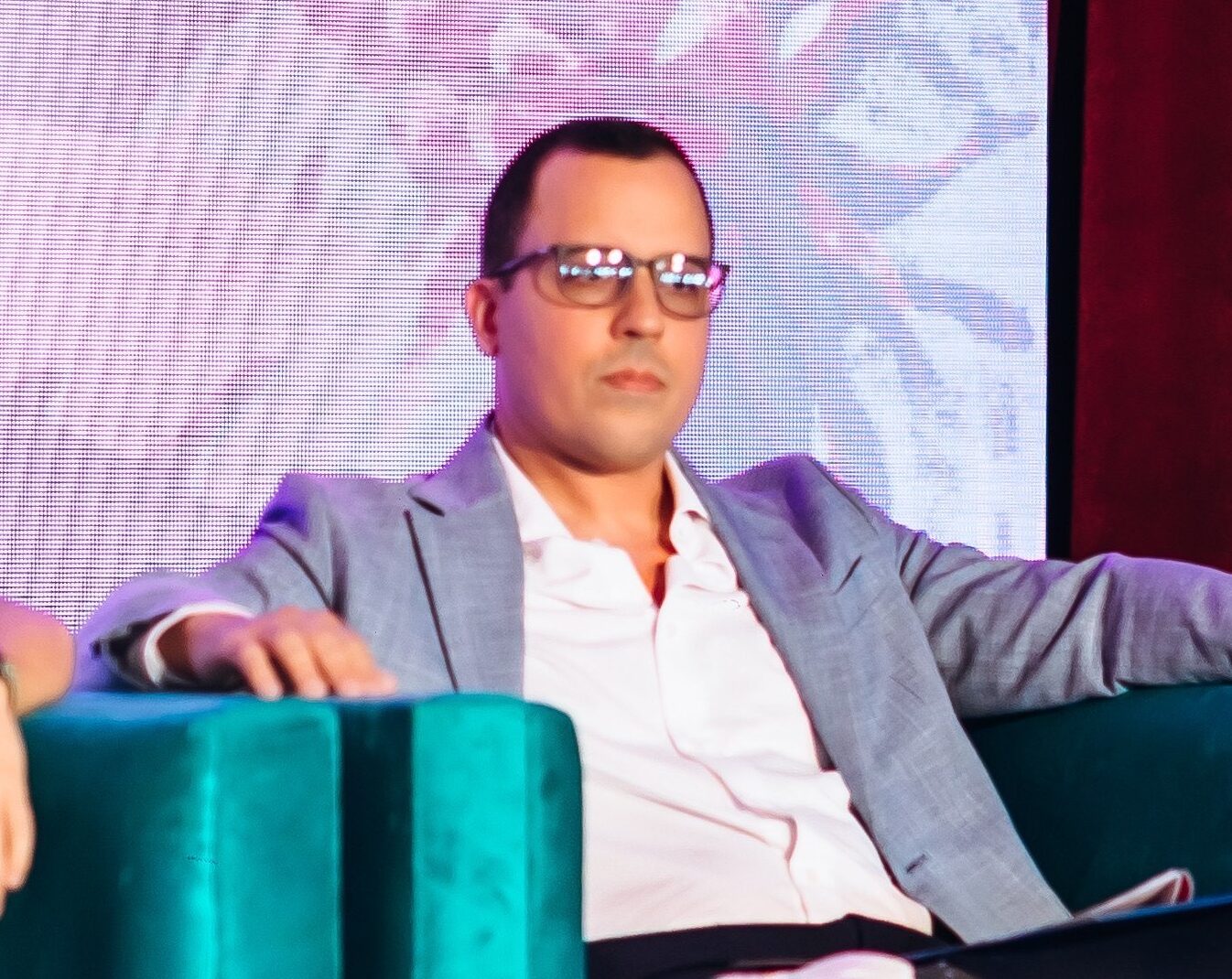

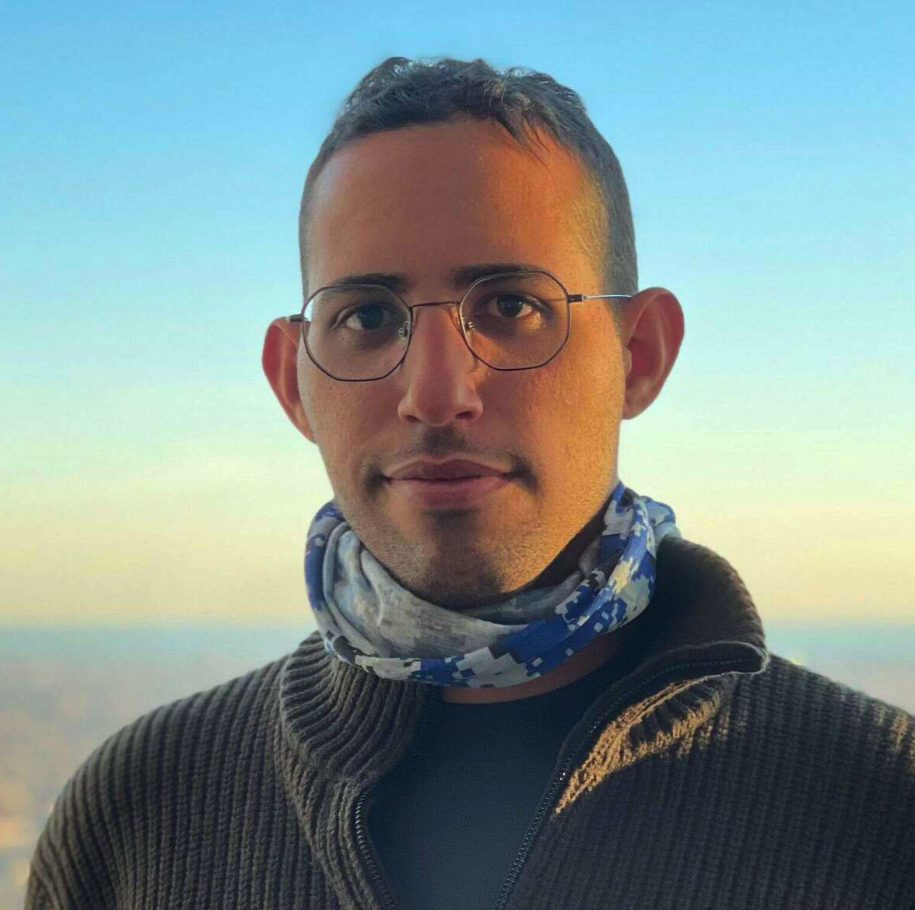
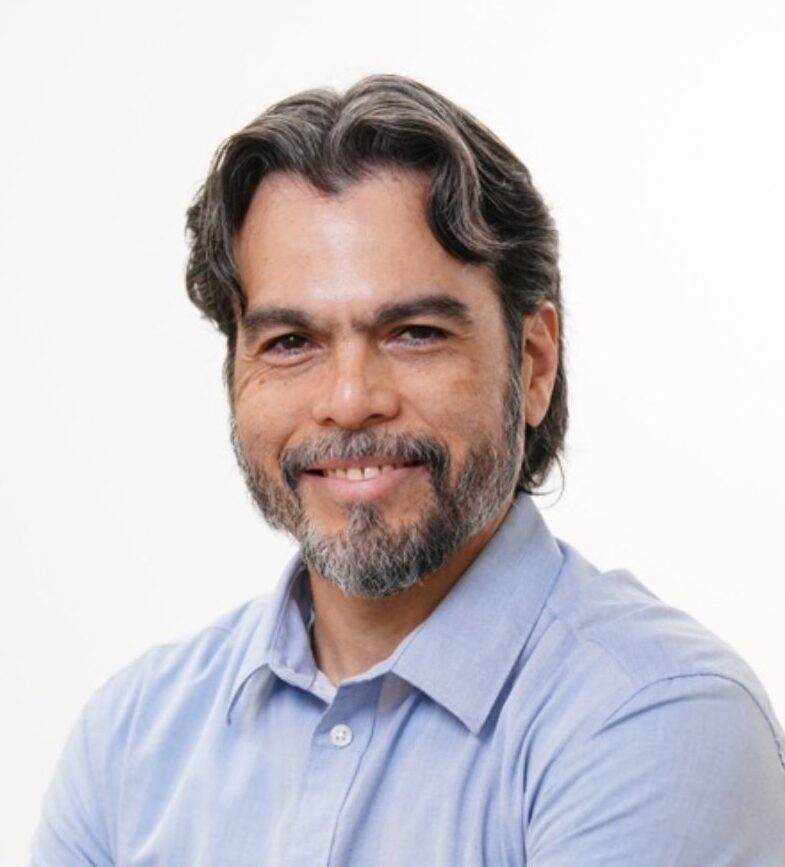
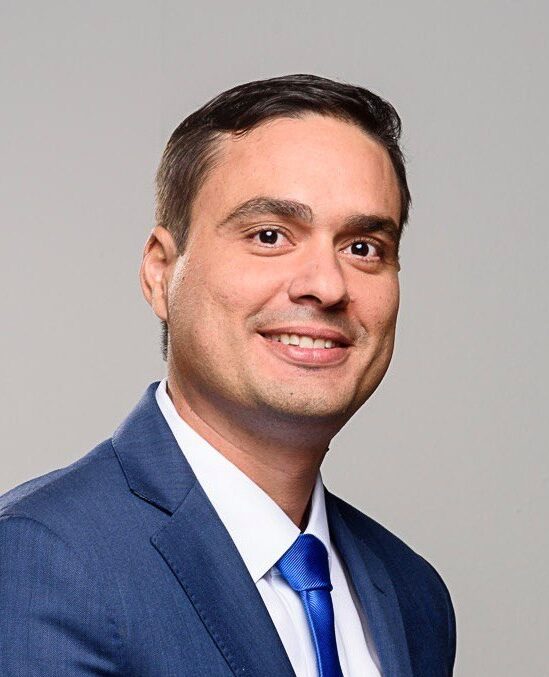
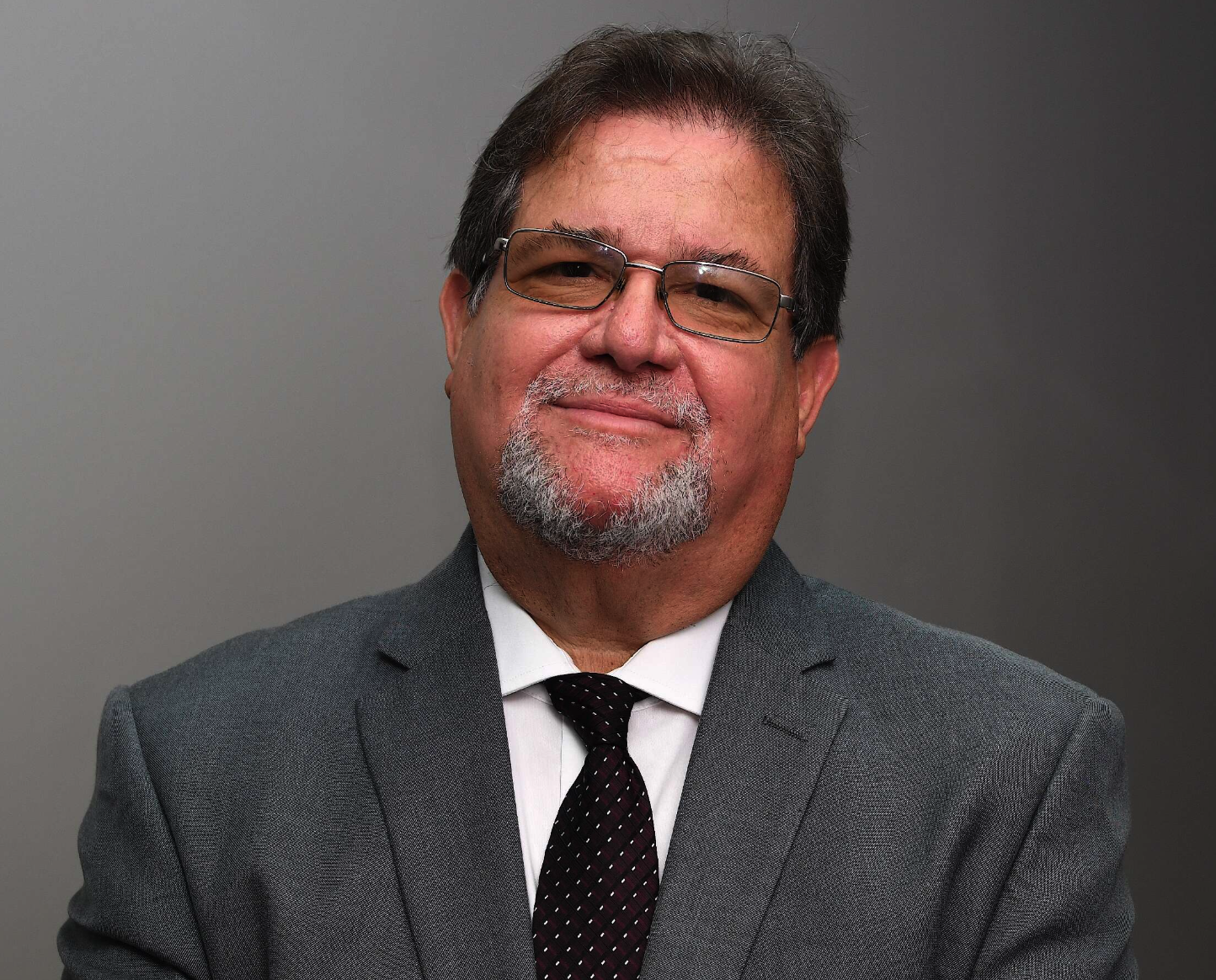
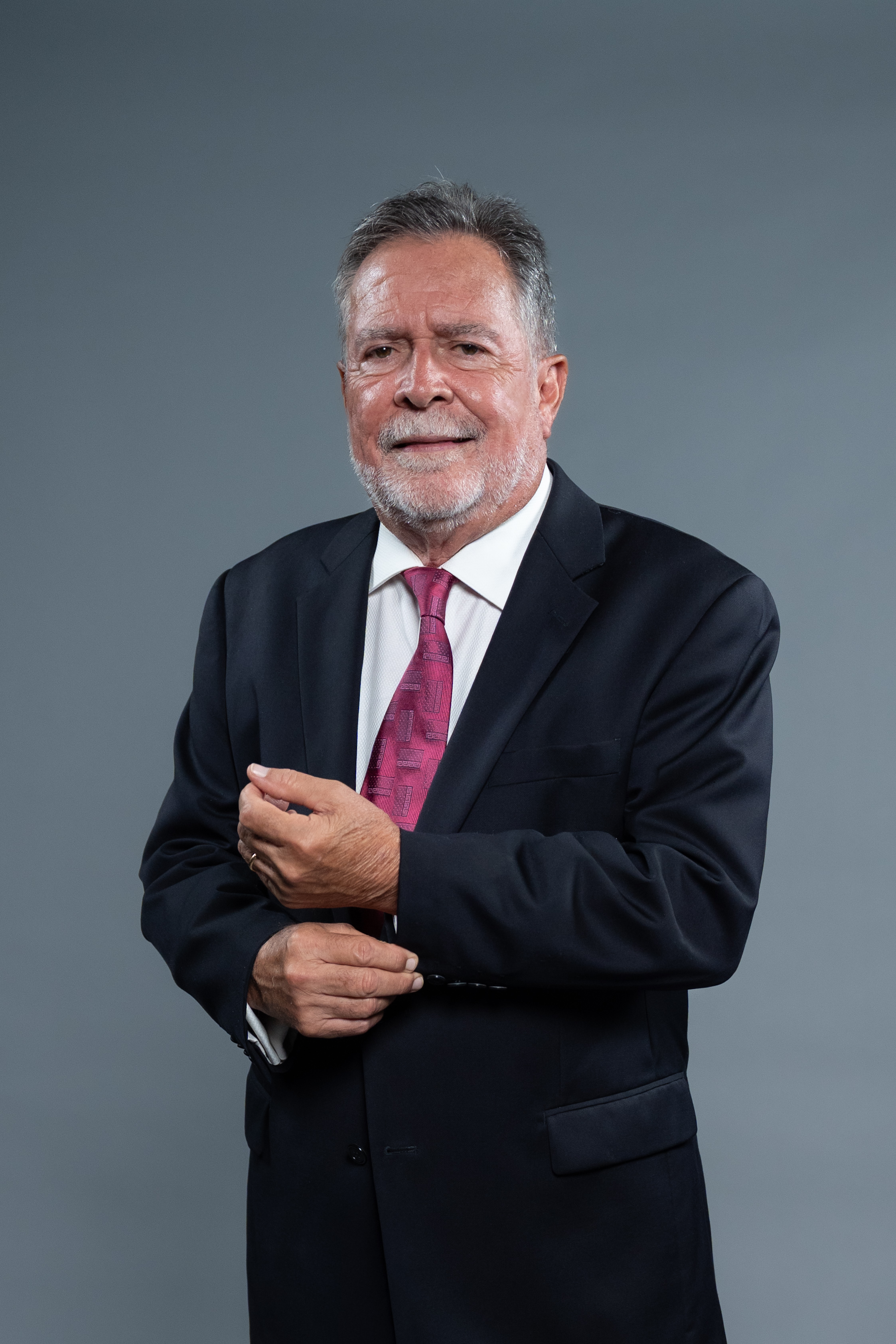
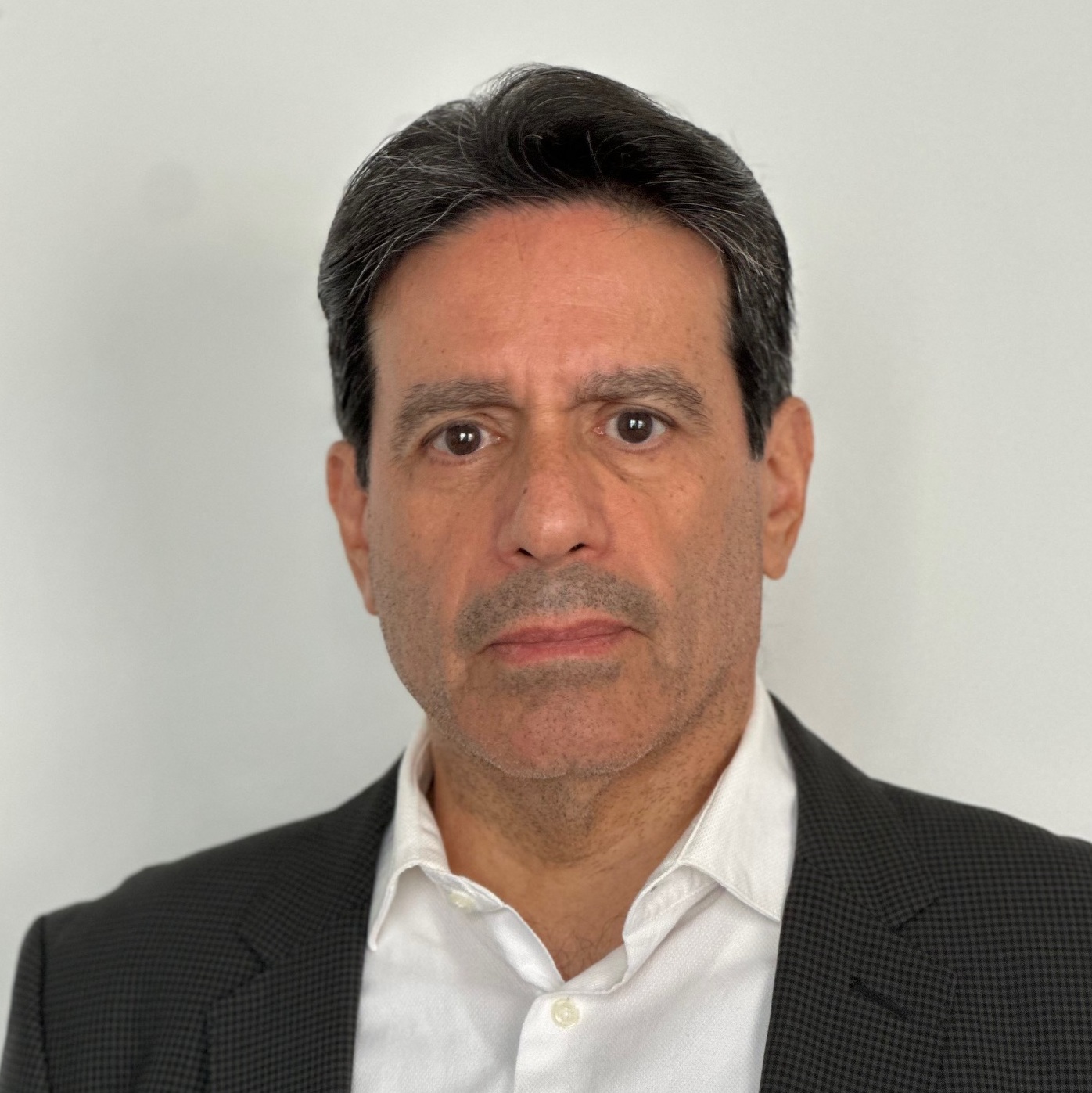
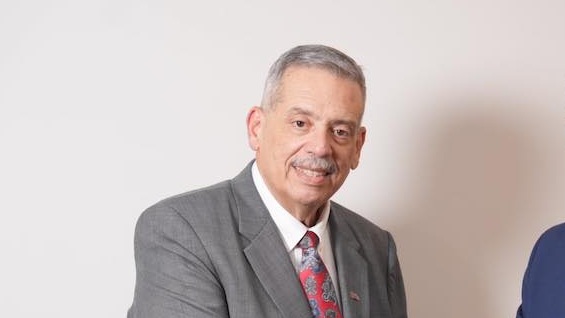
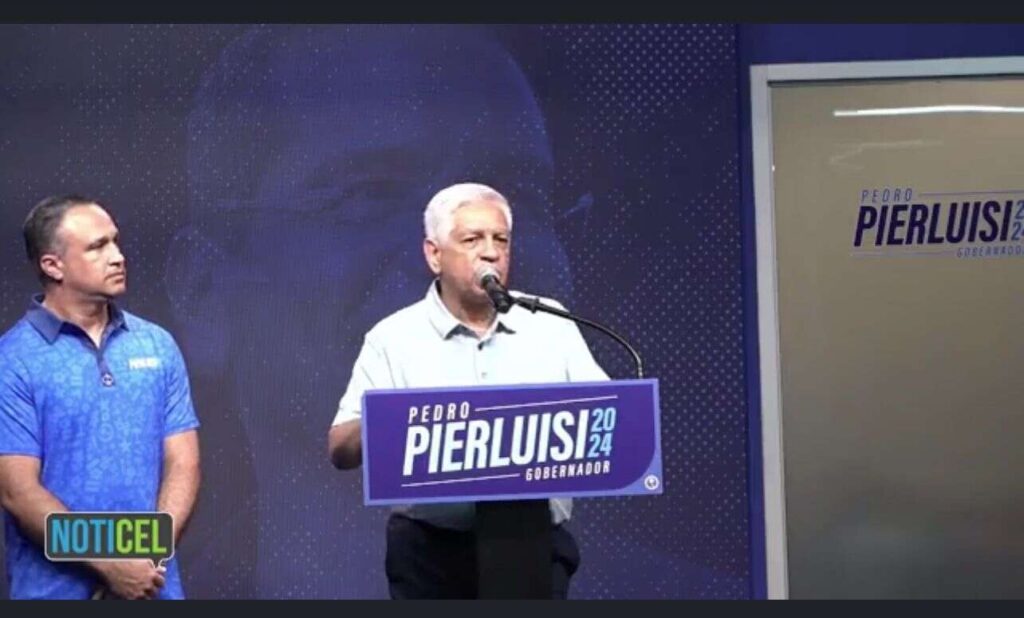
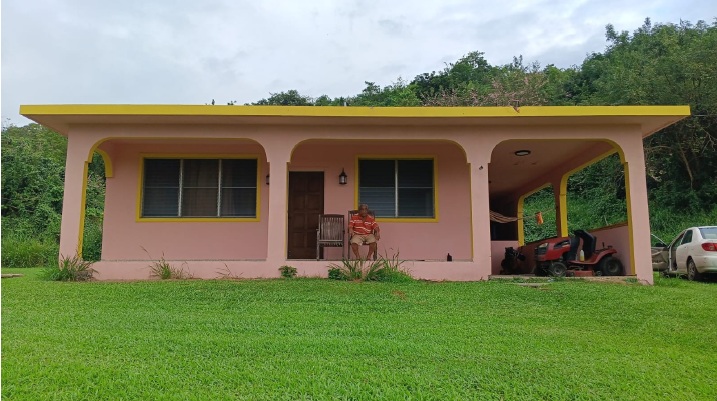
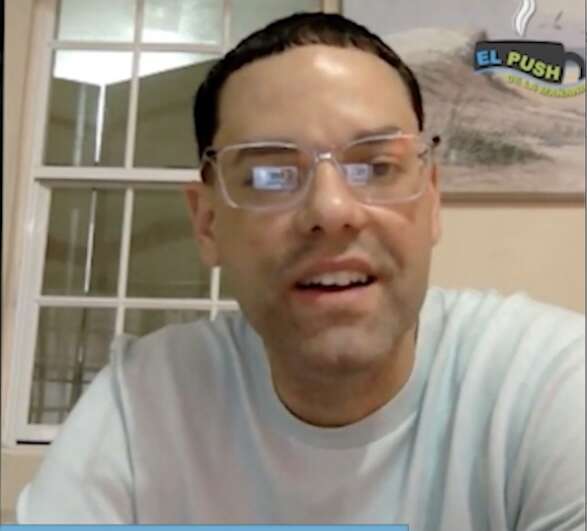
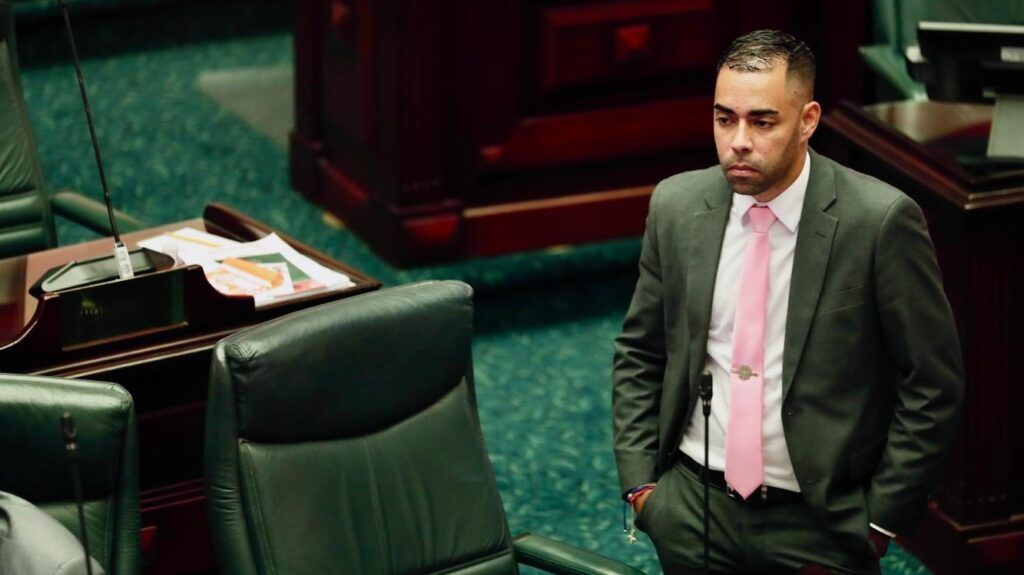
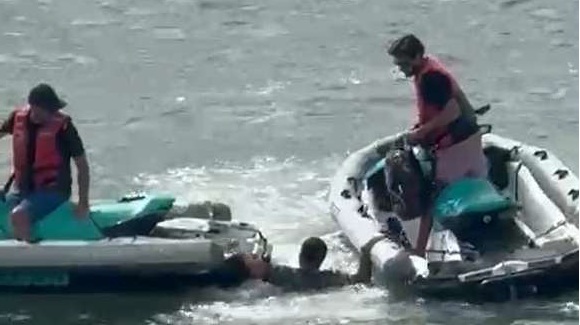

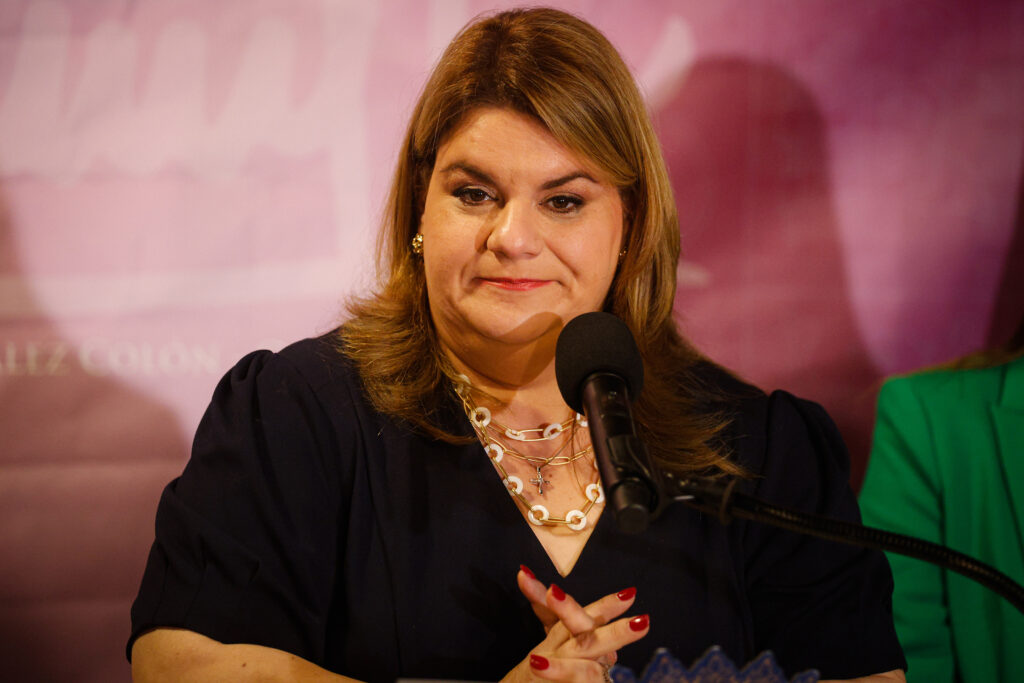

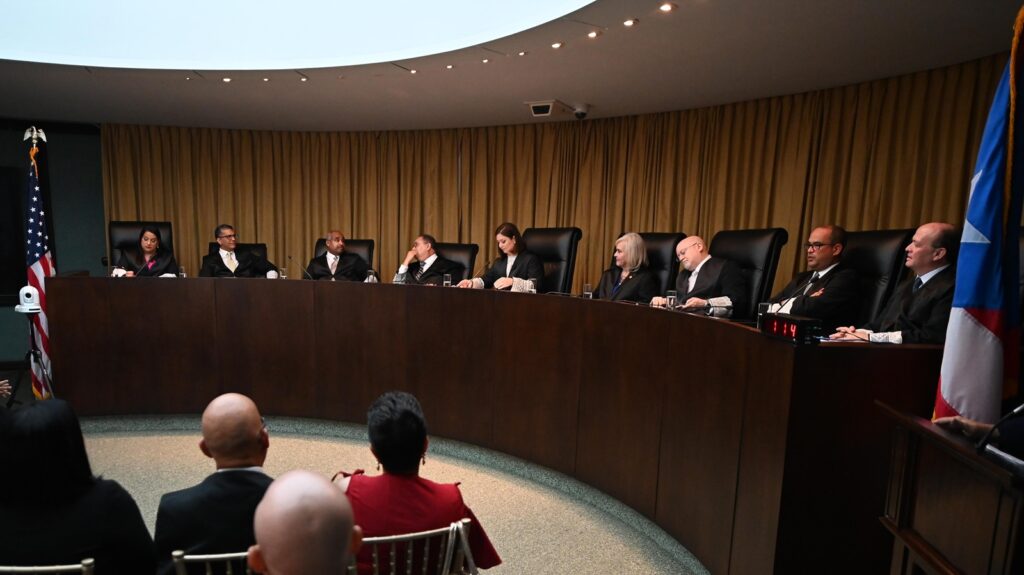
Comentarios {{ comments_count }}
Añadir comentario{{ child.content }}